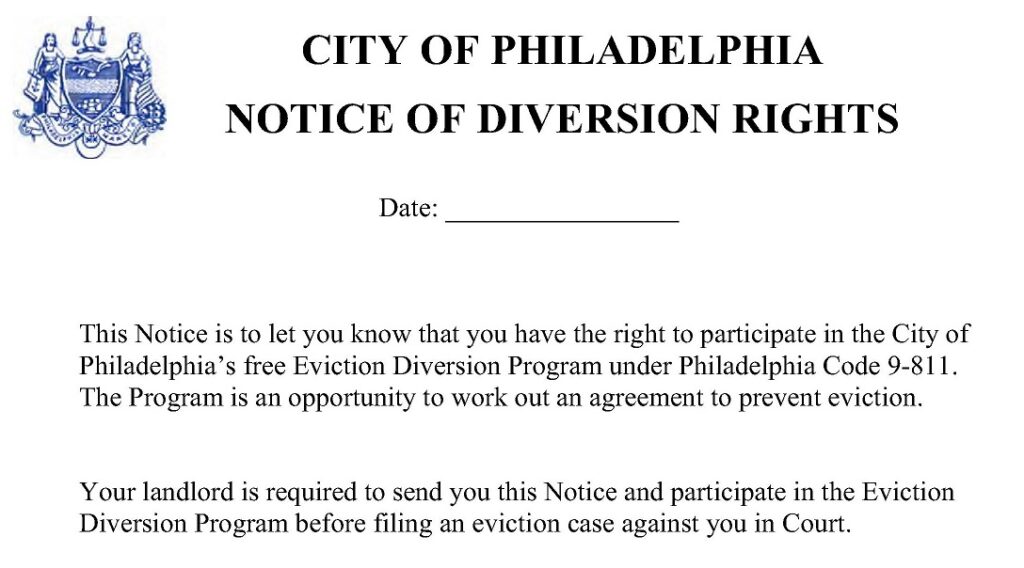PHA Section 8 Housing Choice Voucher (HCV) Program
Comments Off on PHA Section 8 Housing Choice Voucher (HCV) ProgramRecertifications
- Regular Recertification. PHA Section 8 Housing Choice Voucher tenants recertify their household information and income every two years. They can submit information and documents online through the MyHousing Recertification Portal, by mail or in person at 2013 Ridge Ave. Important note: some PHA Section 8 Housing Choice Voucher tenants will also have to recertify annually with their property manager for compliance with the Low-Income Housing Tax Credit program.
- Interim Recertification. If there are changes in household size or income between recertifications, PHA Section 8 Housing Choice Voucher tenants may request an interim recertification to add/remove a household member or reduce the rent. Tenants do not need to report increases in income between recertifications unless they told PHA they had zero income at their last recertification. Tenants can request an interim recertification through the HCV Client Portal, by emailing their PHA service representative or by going to 2013 Ridge Ave.
- Rent Calculation. PHA Section 8 Housing Choice Voucher tenant rent is calculated as approximately 26-28% of their monthly income minus a utility allowance. All tenants who pay for utilities have a utility allowance included in their rent calculation.
- For more information about recertifications in the PHA Section 8 Housing Choice Voucher Program, go to the PHA Administrative Plan, Chapters 8, 9, 10 and 16.
Transfers / Moves
- Requesting transfer. Tenants who want to move from their PHA Housing Choice Voucher unit must first obtain a physical (or in some cases digital) voucher to move from PHA. Requests can be submitted online, by mail or in person at 2013 Ridge Avenue.
- Reasons for Transfers. Tenants can request a transfer on the following basis:
- End of Lease. Near the end of any 2-year lease term, a tenant may request a voucher to move during their regular recertification and should receive it once their recertification is complete.
- Lease Termination. If a landlord sends a tenant a lease termination or eviction notice, the tenant may request a voucher to move based on the lease termination.
- Agreement to Terminate Lease. If a landlord and tenant agree to end the lease, the tenant may request a voucher to move using a signed and notarized Mutual Dissolution of Lease.
- Reasonable Accommodation for Disability. If a tenant needs to move for reasons related to a disability, the tenant may request a voucher using a doctor’s note or PHA reasonable accommodation request forms.
- Domestic Violence. If a tenant needs to move for reasons related to violence in the home from an intimate partner or family member, the tenant may request a voucher using a Protection from Abuse (PFA) petition/order or a Self-Certification of Domestic Violence.
- Failed Inspections. If a unit fails two PHA inspections, then PHA will stop subsidy payments to the landlord. If the unit still hasn’t passed inspection after 60 days of stopped payments, then PHA is required issue a voucher to the move to the tenant.
- Moving Out. If a tenant is evicted or moves out of a PHA Section 8 Housing Choice Voucher unit voluntarily, they may keep their subsidy. However, if PHA determines that the tenant owes a money judgment and is not on a current payment agreement or that the tenant breached a provision of their lease agreement, then PHA may move to terminate the tenant from the Section 8 Housing Choice voucher program.
- For more information about transfers in PHA Section 8 Housing Choice Voucher housing, go to the PHA Administrative Plan, Chapter 17.
Repairs
- Requesting repairs. PHA Section 8 Housing Choice Voucher tenants may request repairs by phone or by mailing a letter to the landlord or property manager.
- Inspections. PHA inspects Section 8 Housing Choice Voucher units every two years. Tenants may request a PHA inspection by phone 215-684-2285 or by email hcvinspections@pha.phila.gov. PHA is required to stop payments to the landlord after two consecutive failed inspections.
- For more information about a tenant’s legal rights to address repair issues, go to Repairs.
Eviction
- Third Party Complaint. If a landlord sues to evict a tenant for non-payment of rent owed by PHA, then the tenant may file a 3rd Party Complaint against PHA to bring them into the eviction case as an additional defendant.
- For more information about the eviction process, go to Evictions.
Subsidy Termination
- Grounds. PHA may terminate a tenant’s subsidy for failing to follow program rules. Common reasons for termination include: failure to recertify, unauthorized occupants, abandonment of unit, failure to comply with a payment agreement, failure to maintain utilities or other breach of the lease agreement.
- Hearing Process. Tenants have the right to appeal a program termination by requesting an administrative hearing. If the tenant loses at the administrative hearing, they have the right to appeal the decision to the Court of Common Pleas.
- For more information about the terminations in the Section 8 Housing Choice Voucher Program, go to the PHA Administrative Plan, Chapter 20.
Rules & Regulations
The PHA Administrative Plan outlines the rules for the Section 8 Housing Choice Voucher program.
